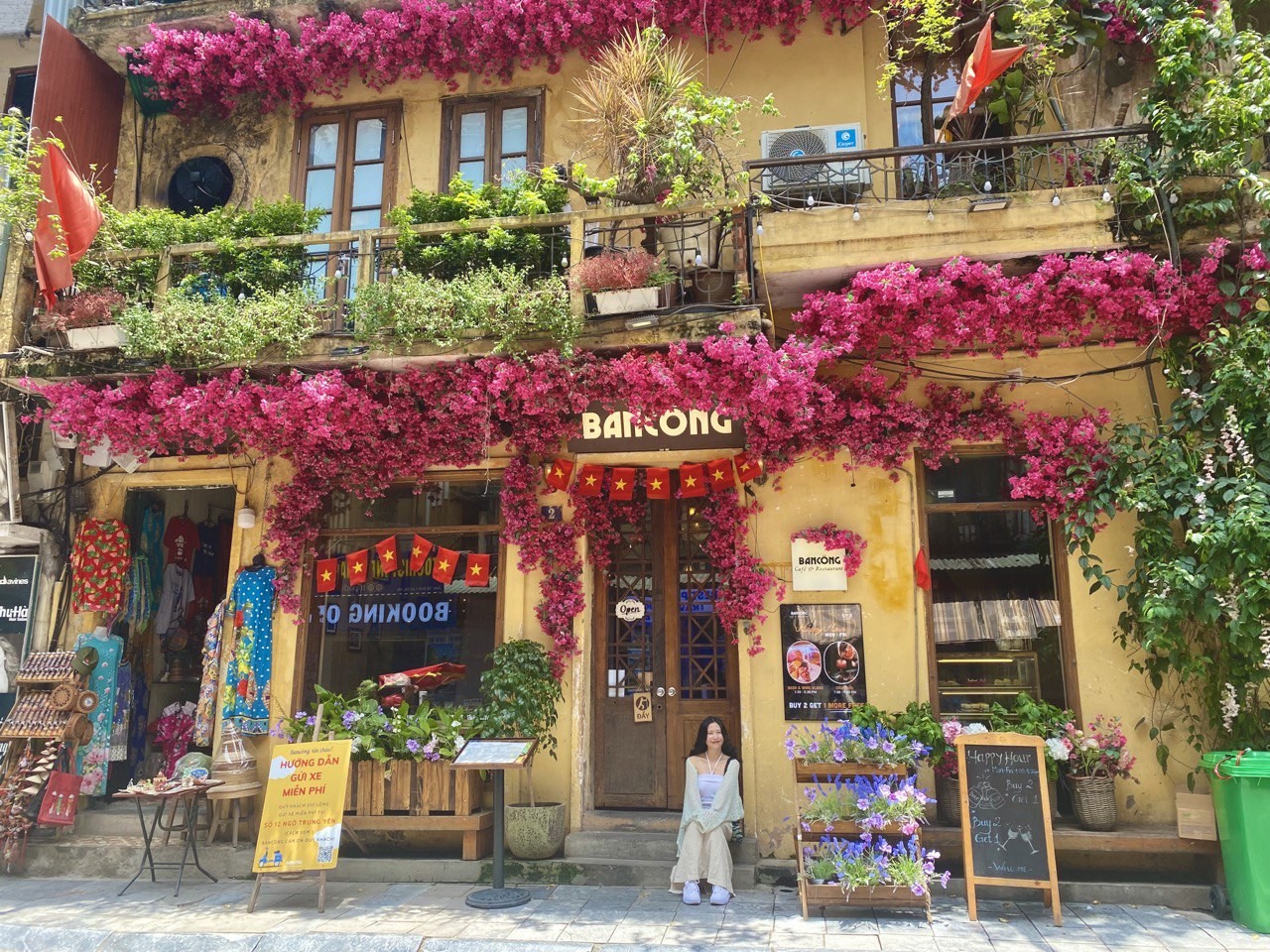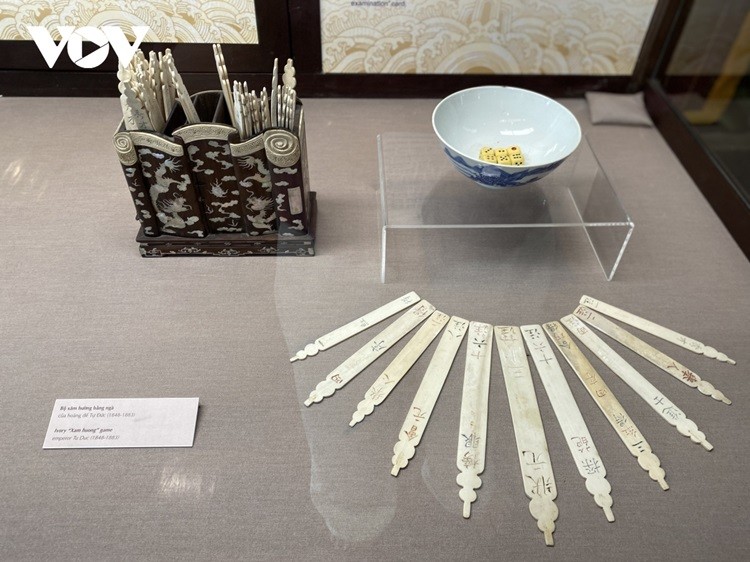Health Ministry gives recommendations to prevent A/H1N1 flu
The Health Ministry on June 2nd recommended the public some measures to prevent A/H1N1 influenza after 16 people catch the virus from a patient at Ho Chi Minh City’s Tu Du Hospital.
 |
A patient allowed to leave Tu Du hospital after the A/H1N1 influenza outbreak occurs. (Source: VNA)
On June 1st, doctors found a woman running a high fever accompanied by bodily pain while she was visiting Tu Du Hospital, a major maternity institution in Vietnam, for a surgery in the gynecological department.
She was discharged due to ill health for the operation, and later on the same day there were 23 cases of patients, their relatives and medical workers at the hospital simultaneously having high temperatures, a runny nose and sore throat.
Sixteen of them tested positive for A/H1N1 influenza, an acute respiratory disease.
Over 80 patients suspected of having been exposed to the woman have been isolated for observation
According to the World Health Organisation, the disease can be transmitted by droplets emanating from unprotected coughs and sneezes, hand contamination, and interpersonal encounters in crowded closed spaces.
In a tropical country like Vietnam, the influenza circulates the entire year round, usually reaching several peaks in the rainy season.
The A/H1N1 virus causes pernicious respiratory infection. Its symptoms are similar to seasonal flu, with fever, cold, cough and unpleasant stomach. The virus then spreads to respiratory system, causing other complicated symptoms such as wheezing and phlegm. Vulnerable groups include the elderly, children, pregnant women, diabetics, cancer patients and HIV-positive people.
Therefore, the Health Ministry advised the public to intensify personal hygiene, wash hands with soap, hide mouth and nose when coughing or sneezing, and clean rooms.
If having such symptoms as fever, cold and cough, they were asked to wear face masks, go to health clinics, and avoid using drugs without doctor instructions.
Vietnam experienced an H1N1 pandemic in 2009, with over 9,000 cases of people contracting the disease and nearly twenty deaths within four months of the year, according to the ministry./.
VNF/VNA
Most read

Thank-you Message of State Funeral Board, Family of General Secretary Nguyen Phu Trong

Hundreds of People's Organizations Worldwide Sent Condolences over General Secretary Nguyen Phu Trong Passing
Recommended
 Handbook
Handbook
New Deals for Nighttime Travelers to HCMC
 Handbook
Handbook
Visit The Unique Old Villa Cafes In Hanoi
 Handbook
Handbook
Six Beautiful Old Villa Cafes For A Tranquil Morning Coffee In Hanoi
 Handbook
Handbook
Party Chief's Book on Building, Developing Vietnamese Culture
Popular article
 Handbook
Handbook
Logo Design Contest Celebrating Vietnam-Germany 50-Year Ties Launched
 Handbook
Handbook
Four Must-Do Activities When Traveling In Vietnam
 Handbook
Handbook
48 hours in Hanoi: Recommendation from Michelin
 Handbook
Handbook






